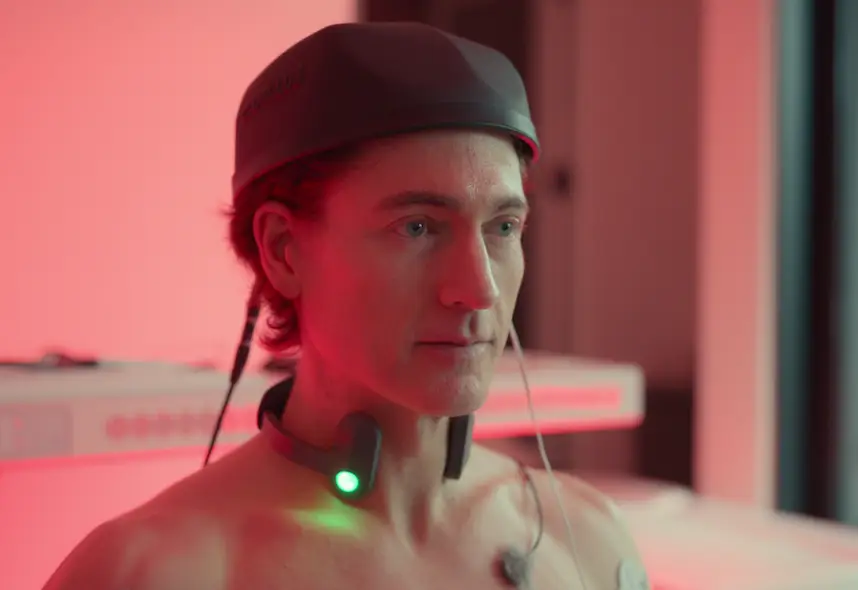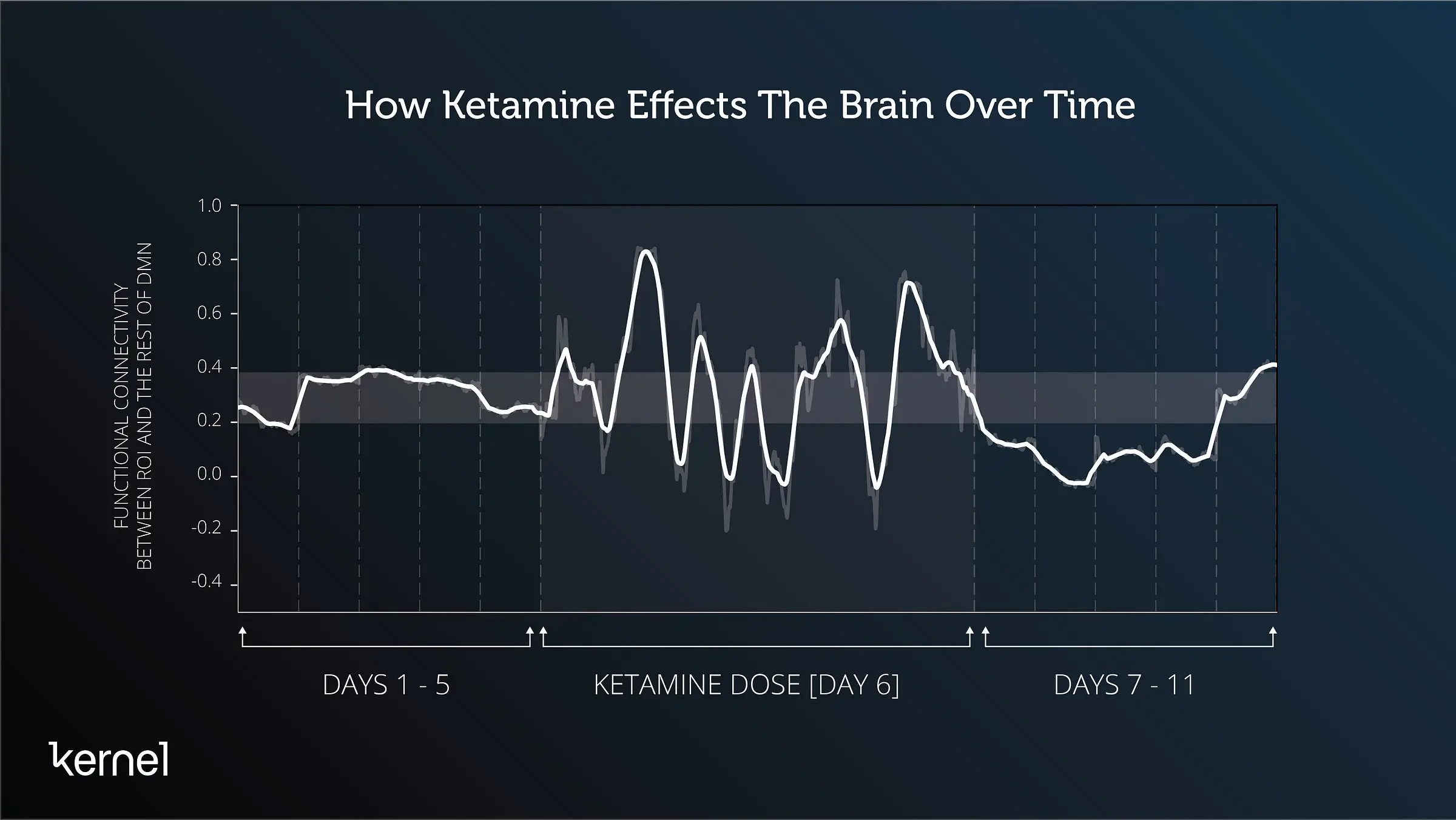
A biohacker on a mission to 'conquer death' has revealed he's been injecting ketamine and has been surprised by how it 'scrambled' his brain.
Bryan Johnson spends a whopping $2 million a year on his quest to 'live forever', which sees him putting some rather wacky medical experiments to the test in a bid to reverse the aging process.
From following a strict diet to getting a 'total plasma exchange' and having his joints injected with hundreds of stem cells – there's very little the 47-year-old won't do to roll back the clock.
Advert
The infamous biohacker - who told his story in a Netflix documentary called Don't Die: The Man Who Wants to Live Forever - claims he has the 'heart of a 37-year-old', the 'lung capacity of an 18-year-old' and can celebrate his birthday every 19 months instead of 12.
Now, as a guinea pig for science, Johnson has revealed he's been injecting the horse tranquilizer ketamine into his system and tracking what it does to his brain.
Johnson said the experiment made for some 'surprising' results in his lengthy Twitter thread and 'completely scrambled my brain'.
I think it goes without saying, please don't try this one at home.

Johnson went on to suggest the psychoactive drug temporarily opened new pathways in his brain during the ketamine 'session' in a matter of minutes, though the pathways slumped below his normal levels for a few days after taking the drug.
He explained: "Before taking ketamine, my brain activity followed fixed, predictable patterns, as observed over 10 days of measurement.
"Imagine the brain as a global air traffic network, where each airport (or brain region) has consistent flight routes and traffic volumes—like the steady flow of planes between New York and London."
After injecting the drug, he said: "[M]y brain’s activity patterns were completely scrambled. Instead of predictable routes between major hubs, traffic was rerouted to smaller, less-used airports across the US, Europe, and Asia," he continued.
"This means brain activity that was once rigidly structured became more flexible and varied, potentially unlocking new connections and ways of thinking."
The key word here being potentially.
Anyway, after three days, he said his brain's previous patterns 'started to take hold again, closing what many refer to as the 'therapeutic window' that opens post ketamine or psychedelic administration'.
A graph of Johnson's functional connectivity further revealed his brain endured 'large changes' during the ketamine session compared to its functionality in the five days prior to injecting it.
However, after the session, his brain pathways decreased 'for days' before picking back up to 'normalize back to [its] baseline'.

It remains unclear how much of the drug Johnson injected into his system and it is worth highlighting his experiment looked into the short-term, immediate effects.
The American Addiction Centers warns ketamine has a raft of short-term side effects, from hallucinations to increased heart rate, breathing, blood pressure and temperature, while long-term effects have 'not been exhaustively studied'.
Yet a 2022 review found prolonged recreational use of the drug over long periods of time was associated with brain function changes such as memory impairment, while the NHS warns regular ketamine users might develop liver damage, bladder damage, personality changes and a high tolerance for the drug that renders its treatment for depression ineffective.
Johnson claims he was able to yield the results with his world-first 'Kernel Flow', a $64 million piece of brain tech which took him seven years to build.
He said he believes 'pairing the human mind with AI' is vital for the future world to measure the effects of drug therapy, cognitive performance and mental wellness.
Topics: Science, Health, Drugs, Technology, Mental Health, US News